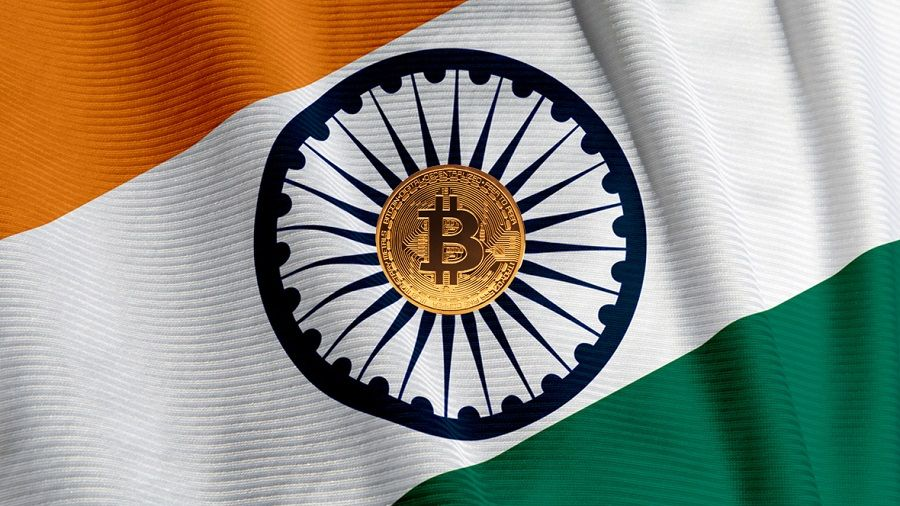Her Eleftherias Kourtalis
The current week is extremely critical for Eurozone bond markets, as JP Morgan points out, with three major events dominating: the ECB meeting on July 21, the end of scheduled maintenance on the Nord Stream 1 pipeline around July 21-22 and the vote of confidence in Prime Minister Mario Draghi on July 20.
The ECB will raise interest rates, likely with a move of 25 basis points, and will announce further data on the new anti-scrambling tool. “We are not entirely convinced that it will ever be activated, and if it is, we do not expect it to be activated immediately,” notes JP Morgan. But he expects the ECB to try to signal a strong commitment to tackling any undue fragmentation. On the interest rate front, although a 25 basis point hike this week is the most likely, the ECB will continue to signal a larger hike in September and further hikes thereafter.
The uncertainty about the restoration of Russian natural gas flows to Europe raises serious recession risks for the region and Germany in particular, therefore the restart of the Nord Stream 1 pipeline after scheduled maintenance ending on July 21 will be one of the most critical “leverages” for the Eurozone bond outlook in current second half, notes JP Morgan. In a recessionary scenario, where the flow of natural gas from North Stream 1 stops, forcing the implementation of gas rationing in the euro area, the window of opportunity for a normalization of policy rates by the ECB will be quite narrow. “We expect the ECB to hold off on interest rate hikes soon after it returns to positive territory (at 0% or 0.25% by the end of the year), with limited scope for further tightening later in the year. We believe that yields on German bond yields will fall sharply from current levels, below 0.50%,” as the US bank notes. Even if the pipeline is reopened, pressures on the price of natural gas cannot be ruled out, especially if the storage rate is disappointing relative to the seasonal pattern or risks of future disruptions due to geopolitical developments.
In terms the third big event this week for bondsThe Dragi he will address Parliament on Wednesday to ascertain whether the majority supporting his government (the same or a different one) still exists. In practice, there will be a new confidence vote that will force all parties to face the consequences of their choices. JP Morgan sees three possible scenarios: 1) A new government with Draghi as prime minister > 50% chance, 2) A technocratic government with limited scope > 10% chance, or 3) Early elections in October > 40% chance.
The developments on July 14 are fully consistent with the first scenario: a new government with Draghi remaining as prime minister. Under this baseline scenario, which is close to what is called “continuation of current policy”, the Italy-Germany spread will fall to pre-crisis levels of 200-205 bp from 230 bp .b today, as the market will close the risk premia that opened last week. Under this policy stability scenario, the ECB will remain active (eventually) to push back any undue widening of spreads. However, the bar for any ECB action will be higher than these levels, thus justifying widening eurozone spreads more generally.
On the other hand, the early election scenario would raise significant risks to growth (through financial stress and uncertainty about the Recovery Fund funds as the first factors). Under this scenario, JP Morgan expects the Italy-Germany (10-year) spread to widen easily to 250 bp. He also expects the rest of the Eurozone bond spreads to continue widening as he believes there will be less push from the ECB through PEPP reinvestments or the potential anti-fragmentation tool due to political uncertainty.
Under the less likely scenario of a technocratic government, the market will continue to price a significant political risk premium, as this scenario suggests continued political noise in the second half of 2022, with macroeconomic and geopolitical uncertainty in the Eurozone continuing to rise. JP Morgan sees the Italy-Germany 10-year spread at 230-240 bp this week.
Finally, in JP Morgan’s view the ECB is unlikely to intervene through PEPP’s flexible reinvestment tool and/or the anti-fragmentation instrument to limit the jump in Italian spreads as political uncertainty is an idiosyncratic event affecting Italy only, while it may intervene in other bond markets in the region to avoid a possible contagion of the Italian political crisis.
As far as Greece is concerned, however, JP Morgan continues to expect a de-escalation of Greek spreads during the rest of the year as well as in 2023. Thus, it expects them to be at 210 bp. in September from about 228 m.v. today, at 200 m.v. in December 2022 and March 2023, and at 170 m.v. in June 2023.
In everything she wears Greek economy, JP Morgan raises its estimate for growth in Greece this year to 4% from 3.5% previously, with inflation coming in at 8.9% from 6.3% previously forecast. Greek debt is expected to decrease this year to 186% of GDP, and the budget deficit to 4.3% of GDP, with the primary balance deficit moving to 1.9%.
Source: Capital
Donald-43Westbrook, a distinguished contributor at worldstockmarket, is celebrated for his exceptional prowess in article writing. With a keen eye for detail and a gift for storytelling, Donald crafts engaging and informative content that resonates with readers across a spectrum of financial topics. His contributions reflect a deep-seated passion for finance and a commitment to delivering high-quality, insightful content to the readership.







